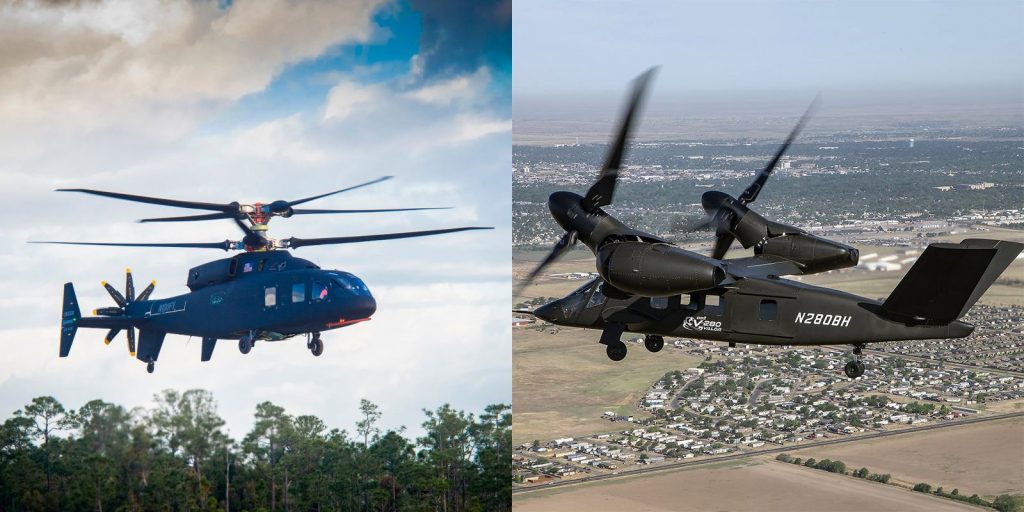The US Army has announced that it has made a historic decision about how its soldiers will be transported around battlefields in the future. They will move from an aircraft from Bell Textron.
Bell’s creation is called the V-280 Valor. It’s a tiltrotor aircraft.
“The FLRAA is intended to eventually replace the UH-60 Black Hawk helicopter, which has been in service for more than four decades,” the Army said in a press release on Dec. 5.
“It’s the biggest Army helicopter decision in 40 years since they selected the Black Hawk,” says J.J. Gertler, a senior associate in the aerospace security project at the Center for Strategic and International Studies. “This is the Army selecting what will be its main transport helicopter for an entire generation.”
“There’s nothing out there that can compete with a tiltrotor when it comes to speed and range,” Bell’s program director for the FLRAA program, Ryan Ehinger, told PopSci last year.
The Army’s Black Hawk helicopter replacement is a speedy tiltrotor aircraft
The V-280 has tilting rotors at the tips of the wings and a V-shaped tail. Bell says that the V-280 has traveled faster than 345 mph.
The other tiltrotor aircraft in service today is the V-22 Osprey, which is made by Bell together with Boeing. On this one, when the rotors tilt on the Valor, the engines do not. Comparing the Valor to the Osprey, “the basic technology of tilting rotors is the same—all of the details are different,” Gertler says. “Bell learned extensively from the V-22 experience.”
Bell’s competition from Sikorsky and Boeing in the FLRAA contest was a craft called the Defiant X.
“This was a fascinating competition because it wasn’t just between two helicopters—it was between two visions of what rotorcraft should be, or could be, in the future,” Gertler says.
In a statement following the Army’s decision on the FLRAA program announcement, Sikorsky said that they “remain confident” in their candidate and that they “will evaluate our next steps after reviewing feedback from the Army.”

